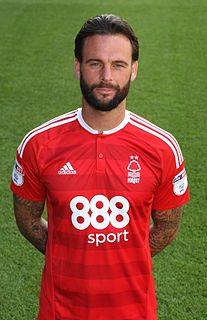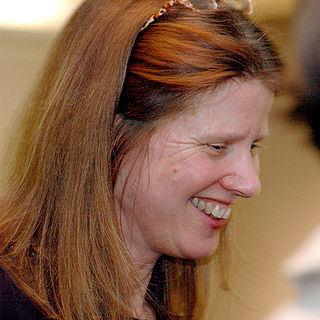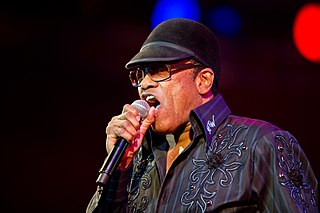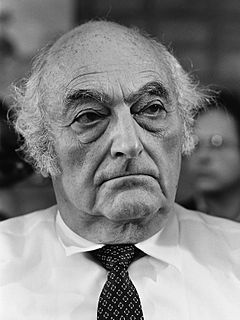A Quote by Maeve Binchy
An English journalist called Michael Viney told me when I was 25, that I would write well if I cared a lot what I was writing about. That worked. I went home that day and wrote about parents not understanding their children as well as we teachers did, and it was published the very next week.
Related Quotes
What parents and teachers and caregivers did with me that actually worked and a lot of that was the old fashion 50s upbringing. They just gave the instruction when I did something wrong - life was more structured. So basically it's [my work] based on experiences with me that worked and it was teachers and parents that made me have those experiences.
A lot of my words come to me when I'm out and about as well, riding the bus or sat in the pub. I went through a stage of going to a strip bar called the White Horse at lunch times and did a lot of writing in there. They were fine with that but I don't know how they would feel about me setting up the easel.
I had read [Charles] Dickens's novels were often published serially. I thought it would be fun to write a book, just sitting down and writing a chapter every day, not knowing what would happen next. So that's how I wrote the first draft. And then of course I had to go back and make sure everything worked and change things.
I took to writing as my medicine to help me stay afloat in acting career journey. I wrote about me breaking hearts, and my heart being broken. I wrote about my views whether they were liberal or conservative. I wrote about everything. I wrote about my life. When I did not have paper coming in as green backs, I'd use random pieces of paper for stories. It was like, I got no money, but I have paper to write. So I wrote.
I've been writing music since I was about eight. I would write sporadically. I wrote a lot of music in high school. I guess the oldest song on the record ("I Thought I Saw Your Face") is about eight years old. It's the old "I had my whole life to write my first album and six months to write the second one." I did, to some degree, but actually, a lot of the songs that ended up on the record, I wrote really recently. So it varies.
I believe that if a child has a feel for writing and wants to write, there is an audience. Children should just dive in and go at it. I would encourage children to write about themselves and things that are happening to them. It is a lot easier and they know the subject better if they use something out of their everyday lives as an inspiration. Read stories, listen to stories, to develop an understanding of what stories are all about.
I never intended to have a career as a journalist, writing about people who make movies. I did it as something that was really rewarding to do, given the opportunity to express myself about something I cared about, and also to learn a lot by watching filmmakers I admired. In a sense, it was my film school. After doing it for a few years, I decided that the time had come to get it together and do some work of my own. Even for a cheap movie, you need film stock and equipment and actors. Whereas to write, all you need is paper and an idea, so I felt that writing might be my stepping stone.







































